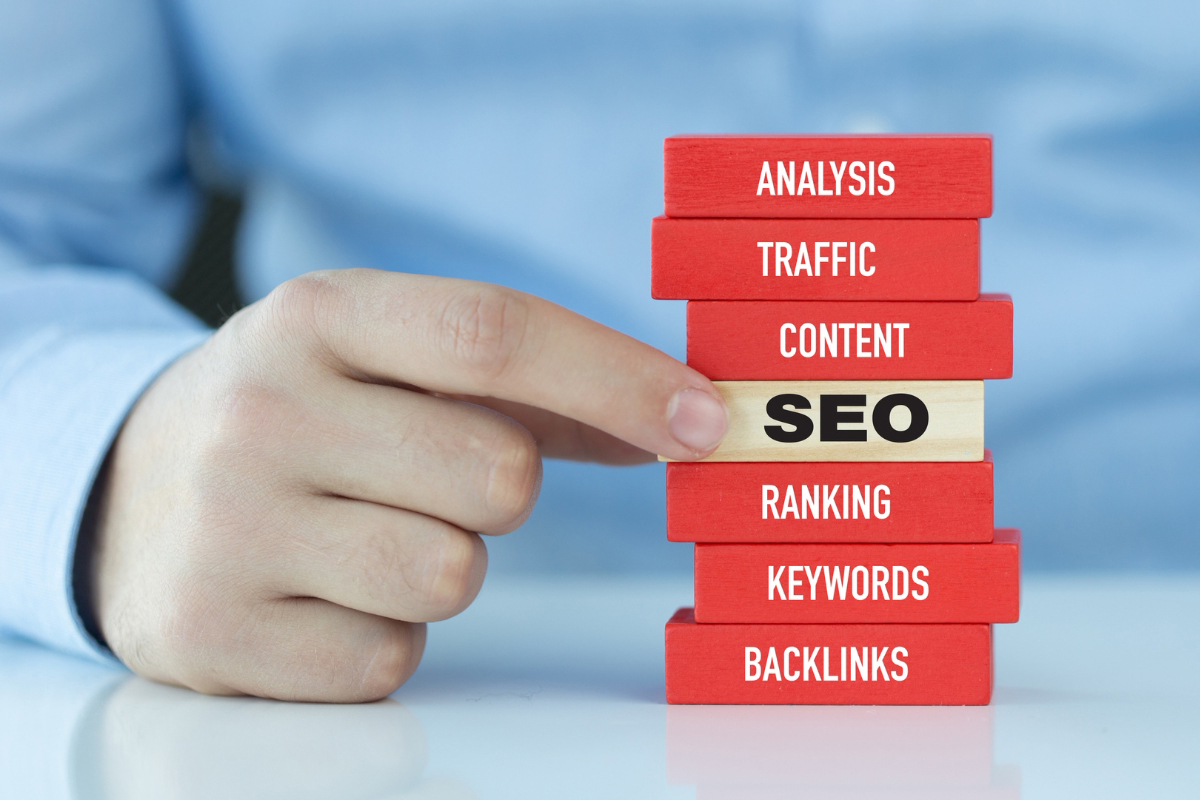
If you’re asking whether SEO is still worth it in 2025, you’re not alone. Many business owners are weighing the rising complexity of search engine algorithms, the increasing dominance of AI-generated answers, and the immediate gratification of paid ads when deciding how to market online.
Here’s the short answer:
✅ Yes, SEO is still worth it in 2025 — but it works best when combined with a smart paid ads strategy, not replaced by it.
Let’s break down why SEO still matters, how it compares to paid advertising, and how to make the right choice for your business.
What’s Changed in SEO in 2025?
SEO is no longer just about keywords and backlinks. In 2025, SEO is shaped by:
- AI Overviews in Google Search, which summarize answers before users click
- Search intent alignment, where helpful, authoritative content wins
- Technical SEO and site speed, especially with Google’s focus on performance
- E-E-A-T (Experience, Expertise, Authoritativeness, Trustworthiness) signals
- User behavior signals (time on page, engagement, bounce rate)
Despite these changes, Google still relies on websites to deliver value, and well-optimized sites are continuing to rank, attract traffic, and convert.
SEO vs. Paid Ads in 2025 — A Direct Comparison
| Factor | SEO (Search Engine Optimization) | Paid Ads (Google Ads, Meta, etc.) |
|---|---|---|
| Speed of Results | Slower — builds over time | Instant — starts when the campaign launches |
| Long-Term ROI | High — continues generating traffic | Stops when budget stops |
| Cost Efficiency | Scales over time — no per-click costs | Can become expensive in competitive markets |
| Trust & Credibility | Higher — organic rankings seen as earned | Lower — labeled as “Sponsored” |
| Control | Less direct control over SERPs | Full control over targeting and copy |
| Best For | Long-term growth and content equity | Quick wins, testing offers, and retargeting |
When to Prioritize SEO
You should focus on SEO if:
- You want long-term visibility and inbound leads
- You’re building content to answer high-intent questions
- You want to appear in local searches (e.g., “dentist near me”)
- You have the patience and consistency to invest over 6–12 months
- You need to build trust with searchers organically
SEO is especially important for industries with high-value clients, such as legal, medical, real estate, B2B, and home services.
When Paid Ads Make Sense
Paid ads are a smart choice if:
- You need immediate lead flow (e.g., new service, time-sensitive promo)
- You want to test landing pages, messaging, or offers
- Your SEO is still ramping up and not ranking yet
- You’re in a highly competitive niche and need visibility fast
- You have a defined sales funnel and retargeting strategy
Paid ads are great for speed and scale, but they should be backed by a strong website and SEO foundation — otherwise you’re just renting clicks.
The Best Strategy? Combine SEO and Paid Ads
SEO and paid ads are not competitors — they’re collaborators.
- Use paid ads to drive immediate traffic while your SEO matures
- Use SEO to reduce your cost-per-lead over time and build organic reach
- Use data from paid ads (e.g., keywords, demographics) to inform your SEO strategy
- Use SEO content as landing pages for ads to improve Quality Scores and conversions
In short, SEO builds brand presence, while ads accelerate performance.
Final Answer: Is SEO Still Worth It in 2025?
Yes, SEO is still worth it — especially if you want your business to remain visible, credible, and competitive over the long term. Paid ads offer fast wins, but SEO builds the foundation that makes everything else work better.
For most Florida businesses and national brands alike, the real power comes from using both together strategically — not choosing one over the other.
Need Help Balancing SEO and Paid Ads?
If you’re not sure where to invest or how to create a growth strategy that blends both, working with an experienced SEO consultant can help.
The SEO Consulting Experts offer results-driven SEO strategies, Google Ads campaign management, and lead funnel optimization for businesses across Florida and the U.S.

